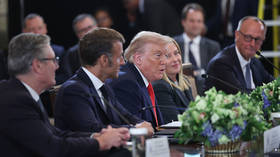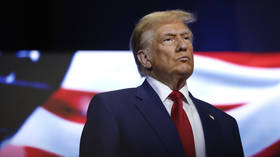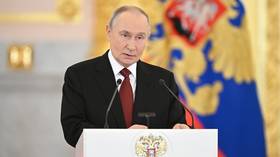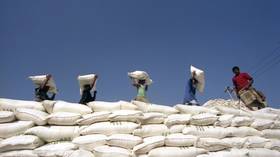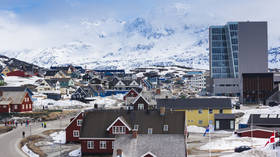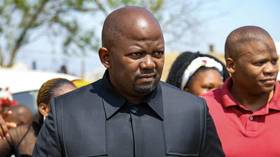West doesn’t want to listen – Kremlin
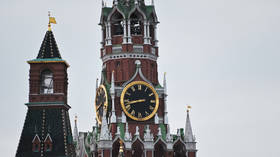
Russia will continue to “speak the truth” to the world, despite Western governments and media refusing to allow their citizens to hear what Moscow has to say, Kremlin spokesman Dmitry Peskov stated on Tuesday.
Peskov was asked by the VGTRK broadcaster about Ukraine’s claims that Russia struck a children’s hospital in Kiev. Moscow has insisted that its forces targeted a nearby missile plant and that the hospital was actually hit by a stray Ukrainian air defense missile.
Ukraine’s version of events was quickly backed by its Western supporters. Moscow and Kiev further traded accusations during an emergency UN Security Council meeting on Tuesday.
“It is very difficult to get our point across to the Western world right now. They do not want to hear anything,” Peskov said.
“We see the hysteria in [Western] newspapers, TV channels,” the Kremlin spokesman added. “This is likely due to the monopolistic dominance of Anglo-Saxon media there.”
Nevertheless, Moscow will continue to “tell the truth about what has happened, both domestically and in countries where the audience is ready to hear us and where we have technical means to reach them,” Peskov stressed.
Since 2022, the EU has banned several Russian news broadcasters, including RT, citing “systematic information manipulation and disinformation.” YouTube similarly began to crack down on Russian-linked content, removing more than 70,000 videos and 9,000 channels related to the Ukraine conflict, according to The Guardian.
Russian Foreign Ministry spokeswoman Maria Zakharova has branded the sanctions “political censorship and a campaign to completely wipe out alternative viewpoints.”




